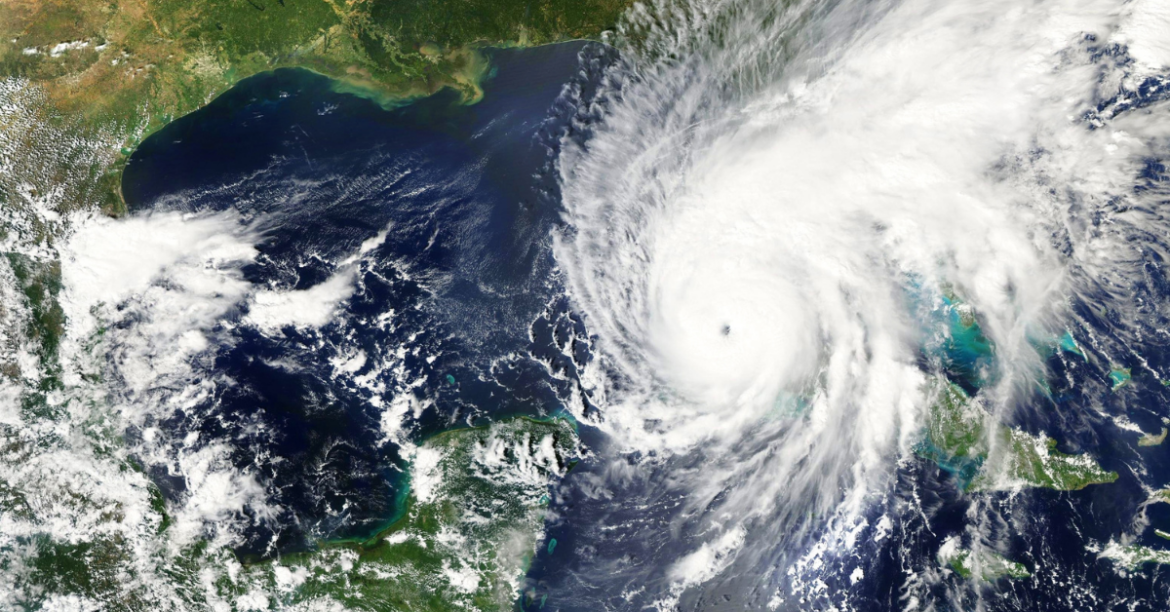
What’s New for 2024?
It’s likely that most property owners reading this have been through more than one hurricane season in Florida. Therefore, much of the information in Becker’s Hurricane Preparedness and Recovery Guide is probably not altogether new to them. However, the 2024 legislative session was particularly active and resulted in several new laws affecting community associations. The following excerpts from Becker’s 2024 Legislative Guidebook address laws that took effect in 2024 pertaining to hurricane preparedness:
Condominium Law Changes
- A definition of “hurricane protection” is added as hurricane shutters, impact glass, code-compliant windows or doors, and other code-compliant hurricane protection products used to preserve and protect the condominium property.
- House Bill 1021 requires hurricane protection provisions to apply to all residential and mixed-use condominium associations already in existence on July 1, 2024 and requires condominium associations to adopt hurricane protection specifications. It also specifies that the installation, maintenance, repair, replacement, and operation of hurricane protection is not considered a material alteration or substantial addition to the common elements or association property.
- Section 718.113 is further amended to authorize the board to install or require unit owners to install hurricane protection. A vote of the unit owners to require the installation of hurricane protection must be set forth in a certificate attesting to such vote and include the date that the hurricane protection must be installed, and requires such certificate to be recorded. The board is required to provide to the unit owners a copy of the recorded certificate. However, the validity or enforceability of a vote is not affected by the board’s failure to record the certificate or provide a copy. A vote of the owners is not required if the installation, maintenance, repair and replacement of hurricane protection, or any exterior windows, doors, or other apertures protected by hurricane protection is the responsibility of the association. The Bill further prohibits the installation of the same type of hurricane protection previously installed unless it has reached the end of its useful life or unless it is necessary to prevent damage to the common elements or to a unit. And, it prohibits boards from refusing to approve hurricane protection but may require adherence to an existing unified building scheme regarding the external appearance of the condominium.
- House Bill 1021 revises the responsibility for the cost of the removal or reinstallation of hurricane protection, including exterior windows, doors, or apertures. A unit owner is not responsible for the cost of any removal or reinstallation of hurricane protection if its removal is necessary for the maintenance, repair, or replacement of other condominium property or association property for which the association is responsible. The board shall determine if the removal or reinstallation of hurricane protection must be completed by the unit owner or the association. If such removal or reinstallation is completed by the association, the costs incurred by the association may not be charged to the unit owner; if such removal or reinstallation is completed by the owner, the association must reimburse the unit owner for the cost of the removal or reinstallation or the association must apply a credit toward future assessments in the amount of the unit owner’s cost to remove or reinstall the hurricane protection. If the removal or reinstallation of hurricane protection is the responsibility of the owner and the association completes such removal or reinstallation and then charges the owner for such removal or reinstallation, such charges are enforceable as assessments.
- House Bill 1021 amends Section 718.115 to specify that if the installation of hurricane protection is the responsibility of the unit owners, the cost of installation by the association is not a common expense, and must be charged individually to the owners based on cost to the unit, and the charges are enforceable as assessments. Unit owners that have installed hurricane protection that complies with the current building code to be excused from assessment or to receive a credit. A credit is applicable if the installation of hurricane protection is for all other units that do not have hurricane protection and the cost of such installation is funded by the association’s budget, including reserves. The amount of credit must be equal to the amount the owner would have been assessed to install the hurricane protection. Expenses for installation, replacement, operation, repair or maintenance of hurricane protections on common elements and association property are common expenses.
- [A My Safe Florida Condominium Pilot Program was created. This is a grant program targeted to condominium associations that wish to make hurricane mitigation improvements.] For the lucky few condominium associations able to secure grant funds, they will be able to offset expenses relating to certain building improvements.
Homeowners’ Association Law Changes
- [House Bill 293] creates new Section 720.3035(6) to prohibit homeowners’ associations from denying applications for the installation, enhancement, or replacement of hurricane protection by a parcel owner which conforms to the specifications adopted by the board or architectural, construction improvement, or other similar committee of the association, although the board or a committee may require a parcel owner to adhere to an existing unified building scheme regarding the external appearance of the structure or other improvement on the parcel. The Bill requires the board or a committee to adopt hurricane protection specifications, which may include the color and style of the hurricane protection products and other factors deemed relevant by the board. Requires the specifications to comply with applicable building code. ”Hurricane protection” is defined in the Bill to include roof systems recognized by the Florida Building Code which meet ASCE 7-22 standards, permanent fixed storm shutters, roll-down track storm shutters, impact-resistant windows and doors, polycarbonate panels, reinforced garage doors, erosion controls, exterior fixed generators, fuel storage tanks, and other hurricane protection products used to preserve and protect the structures or improvements on a parcel governed by the association.


